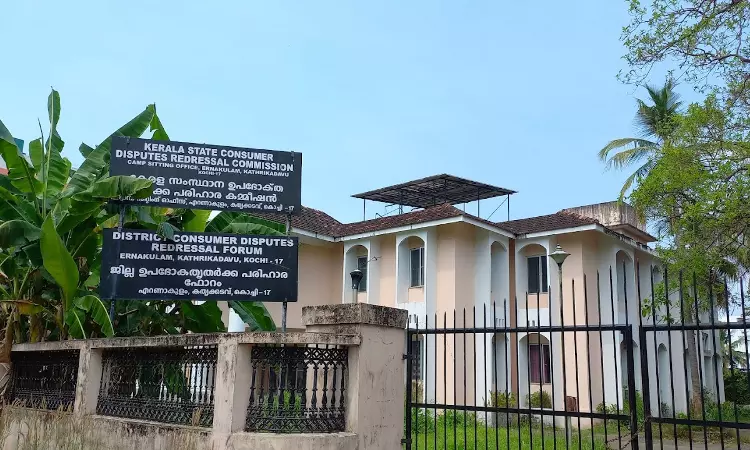The District Consumer Disputes Redressal Commission at Ernakulam recently flayed manufacturers for intentionally withholding of essential spare and consumable parts of a component, compelling the customers to abandon such otherwise functional products and acquire replacements for the same. Terming such tactics to pressurize consumers to buy additional products from them as 'restricted...

